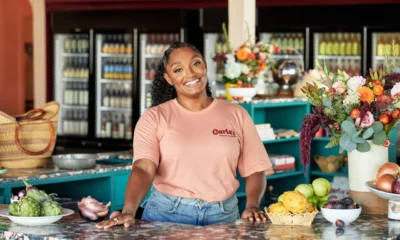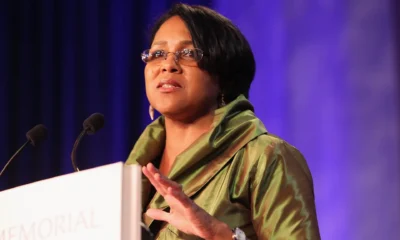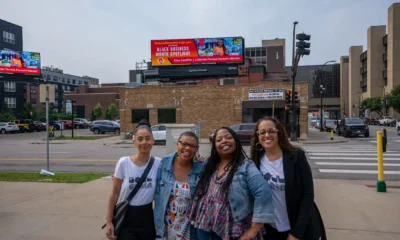In the restaurant industry, and everywhere else, a rush of heart-crushing testimonies is felling powerful men. Shame and hurt are spilling everywhere. We are in a pivotal moment, affirmed by the unspooling of men from their positions of power, necessary human sacrifices to deter the wicked rest.
But we’ve been here before, as recently as a few summers ago when police bullets were dropping black bodies in frightening succession, a reminder of violently present histories. Then there was a similar national reckoning, even if the consequences weren’t as swift and permanent. After the broken bodies came administrative reforms, body cameras and procedural changes, lawsuits and settlements — cosmetic fixes with little relevance to the foundational issue of institutional racism.
As with one, so with the other. Despite the swift responses to the testimonies from victims of sexual assault and harassment, the resignations of celebrity chefs, politicos and moguls, our resilient system of patriarchy is not coming undone.
Despite the anxiety men are feeling from the fear of our exposure — frantically thumbing through our mental Rolodex of possible crimes hoping for mercy — change is not coming because a few threads are still missing.
Seemingly lost in the dark pockets and harsh folds of this zeitgeist are black women’s bodies and voices. Bodies of black, indigenous and other women of color have historically borne more terror than most, and today are still the most vulnerable.
These bodies whose experiences of American life — a bitter millefeuille of racist, gendered, classist exploitation — have created a formidable cannon of resistance. A resistance now required if we truly want to mature past this painful chrysalis.
We must listen to black women for their stories and solutions — not for just our carnal, sonic, cultural and culinary consumption, but because few other stratagems can break this endemic fever.
As with one, so with the other
During the last two years of traveling the country hosting dinners and conversation discussing structural racism, my foremost companion has been inconsolable pessimism at the possibility of honest racial progress. White folks are inexorably yoked to their privilege by (conscious and unconscious) choice, despite stating otherwise.
At these dinners, I often heard the same anodyne prescriptions to racism from white people, even as they elided the truth of their own histories. Their words aped sentiments which suggested racial equity while also admitting actions that perpetuated racial oppression. I challenged my white diners to investigate ways to give up power, as corroboration of the transformation they putatively …




























